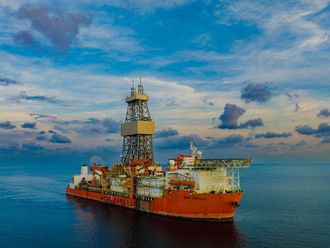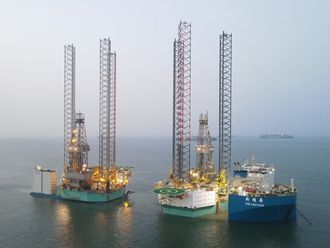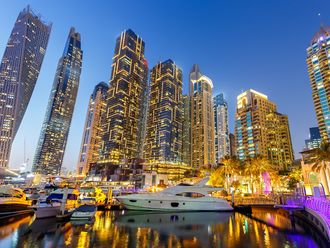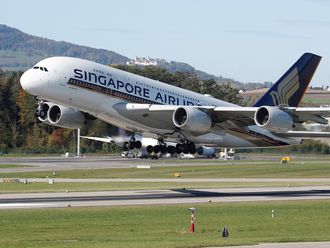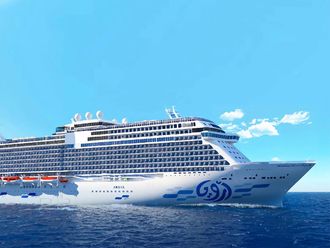Turkey warned yesterday that waiting times for ships passing Istanbul's congested Bosphorus strait could be radically increased by new shipments of Kazakh oil from southern Russia.
A Kazakh-Russian oil pipeline was opened last week and is expected to carry an average of 800,000 barrels per day (bpd) this year to the Russian seaport terminal of Novorossiisk. Its only sea route out of the Black Sea is through the Bosphorus.
"The people of Istanbul are seriously concerned about the possibility of a major accident on the Istanbul Strait," Turkey's minister for maritime affairs Ramazan Mirzaoglu said. "We won't say no to the Kazakh oil when it arrives... but this will increase waiting time sharply."
Turkey would stand by the 1936 Montreux treaty granting free passage in peace time through the narrow, winding 26-kilometre strait, one the world's busiest. But safety, he said, was paramount.
"At present, ships wait up to four hours depending on circumstances before obtaining entry to the strait, from the Black Sea end or Marmara... With the arrival of Kazakh oil, the waiting and tailing (queuing) will greatly increase."
"I don't know exactly how many hours waiting time, but approximately one day, maybe two days, maybe one week. I'm trying to estimate the waiting times now. I've ordered my officers to calculate this," he said.
A leading U.S. tanker brokerage, Poten and Partners, expressed concern last week about the new load on the Bosphorus posed by the Kazakh deliveries. "This level of throughput may start bumping against the upper limit of allowable tanker transits through the Bosphorus," it said.
The Bosphorus, with its wild currents, has seen countless collisions, sinkings and oil leaks that are a growing concern for a city of over 10 million people. Mirzaoglu said that at present 50,000 ships a year passed the strait, 14 per cent of them carrying oil or other hazardous materials. This constituted four times the traffic of the Panama canal and three times that of the Suez canal.
He said he did not believe the tanker traffic should be a source of friction between Turkey and Russia. It would damage Russian interests, as well as those of other regional neighbours such as Bulgaria, Romania and Ukraine if traffic in the strait became choked up. "We could aid the Russians in bringing their oil to European markets," he said.
Critics accuse Turkey of exaggerating the dangers in the Bosphorus to further its own plans for piping Caspian sea oil. Turkey is promoting an alternative route to Europe for Caspian oil, channeling it by pipeline to the Mediterranean port of Ceyhan and bypassing the Bosphorus. The proposed $2.4 billion pipeline would transport oil 1,730 kilometres from the Azerbaijani capital of Baku through Georgia to Ceyhan.
Turkey says Bosphorus shipping bottleneck worsens
Turkey warned yesterday that waiting times for ships passing Istanbul's congested Bosphorus strait could be radically increased by new shipments of Kazakh oil from southern Russia.




